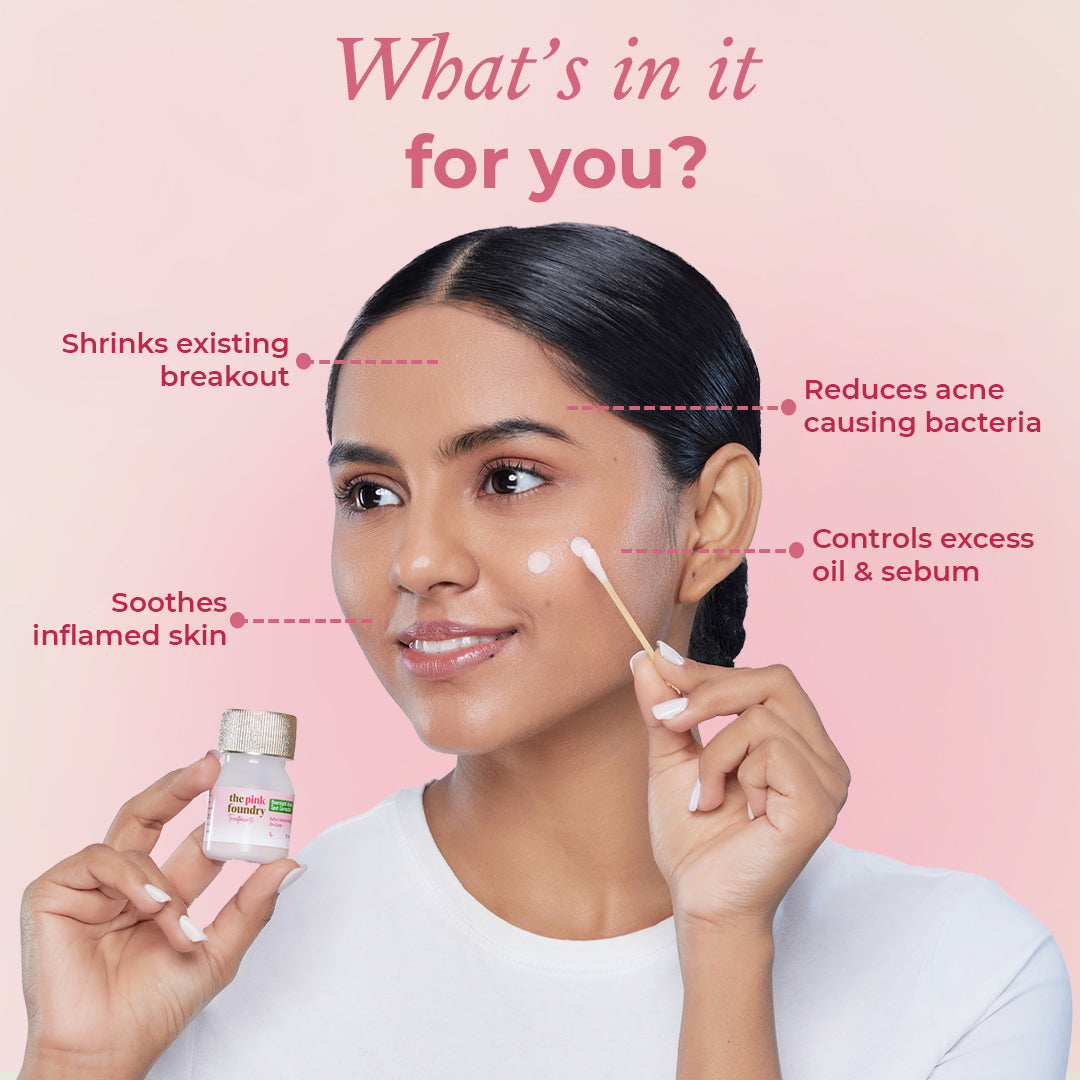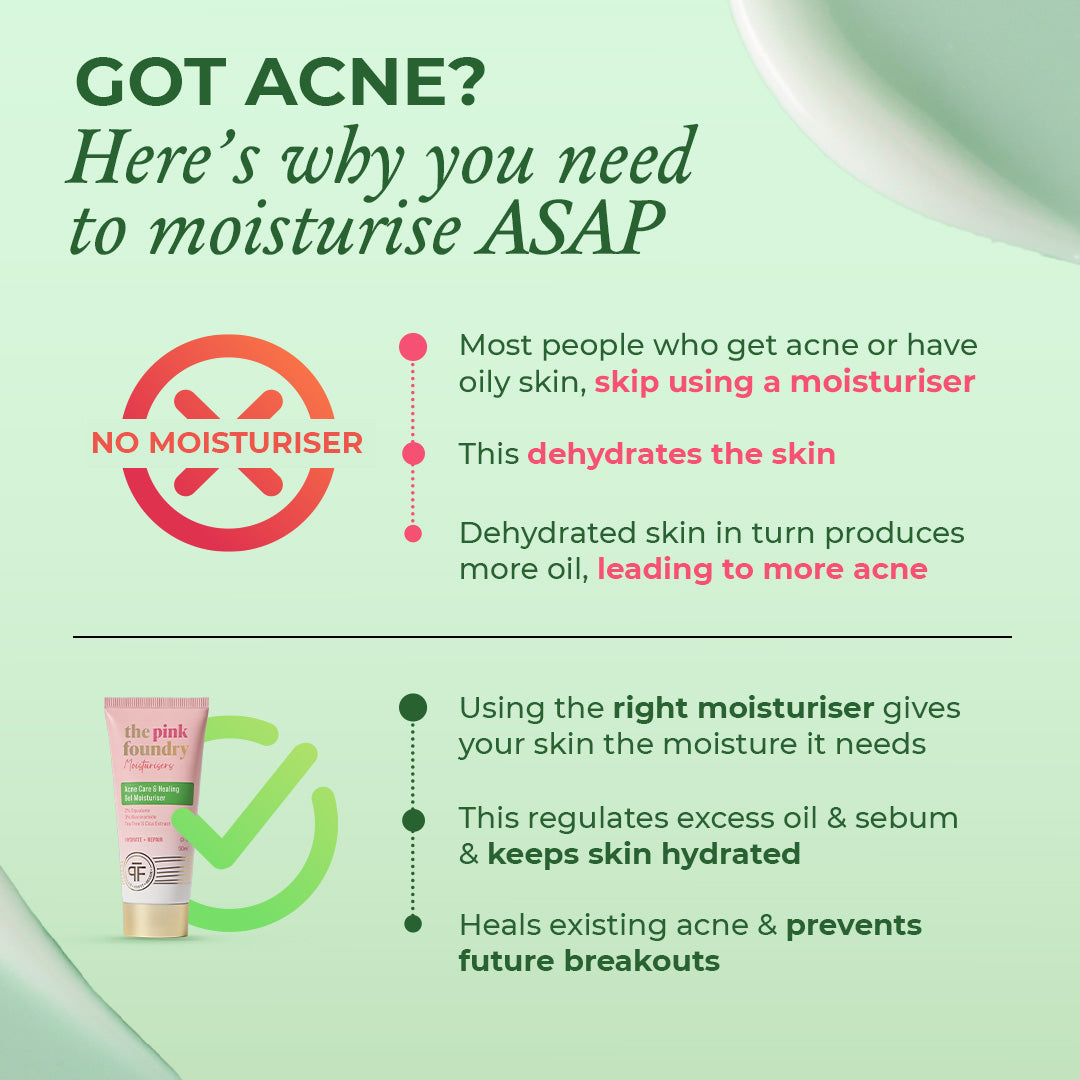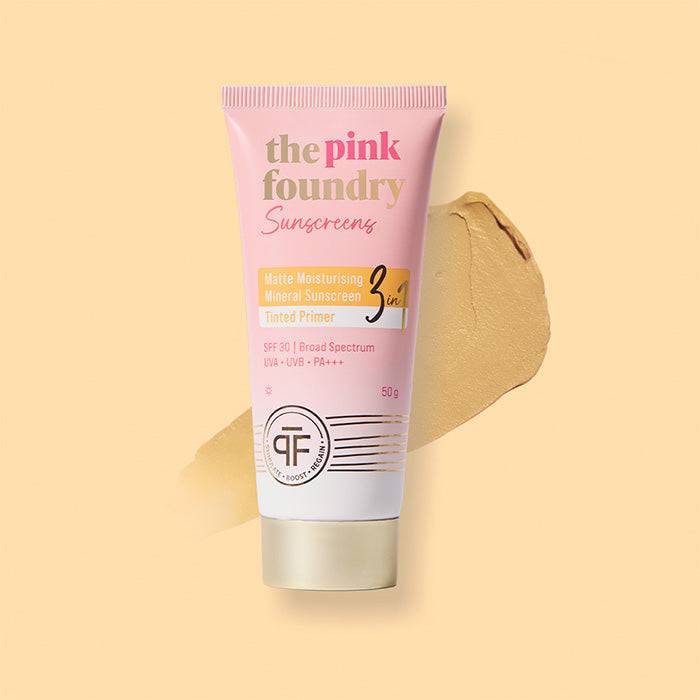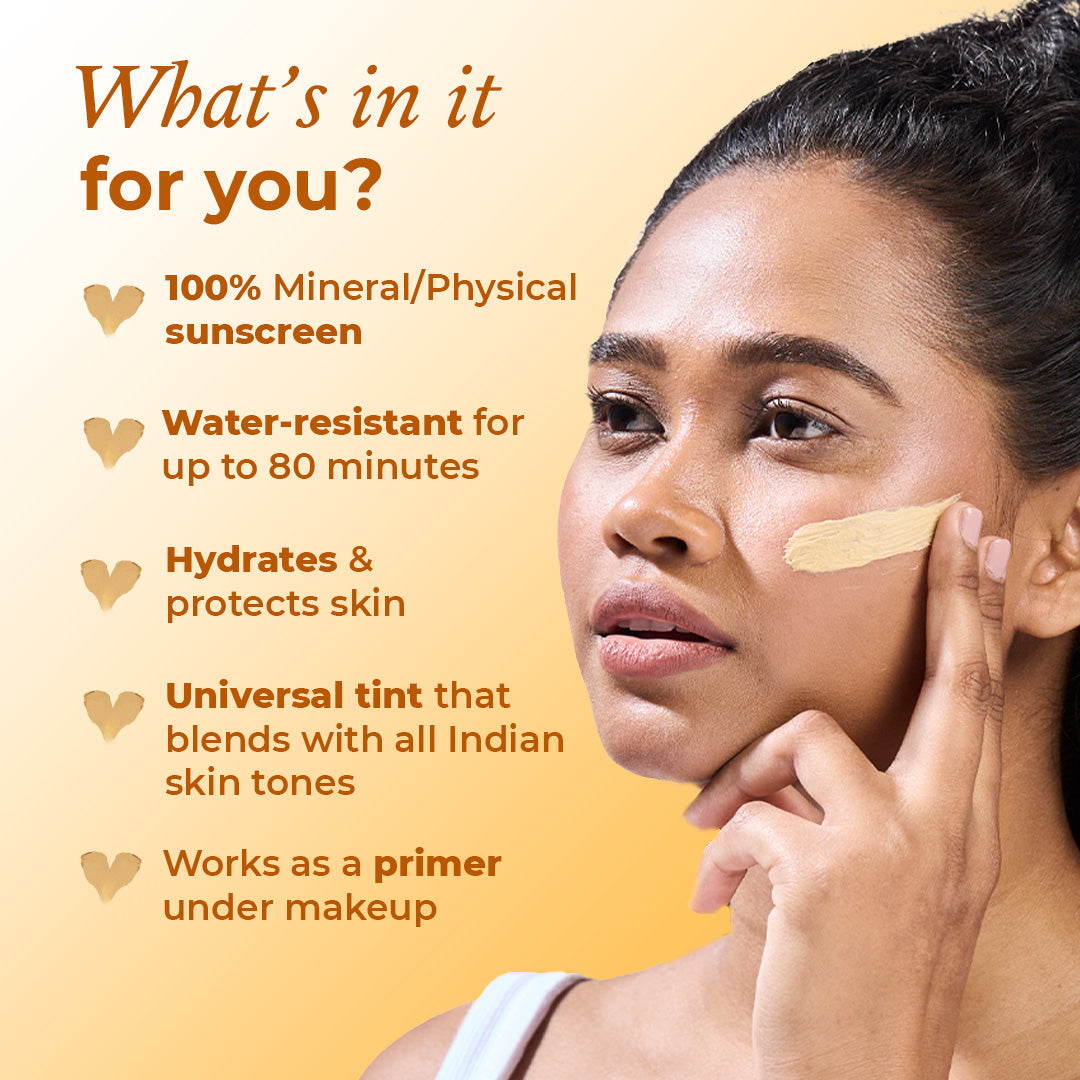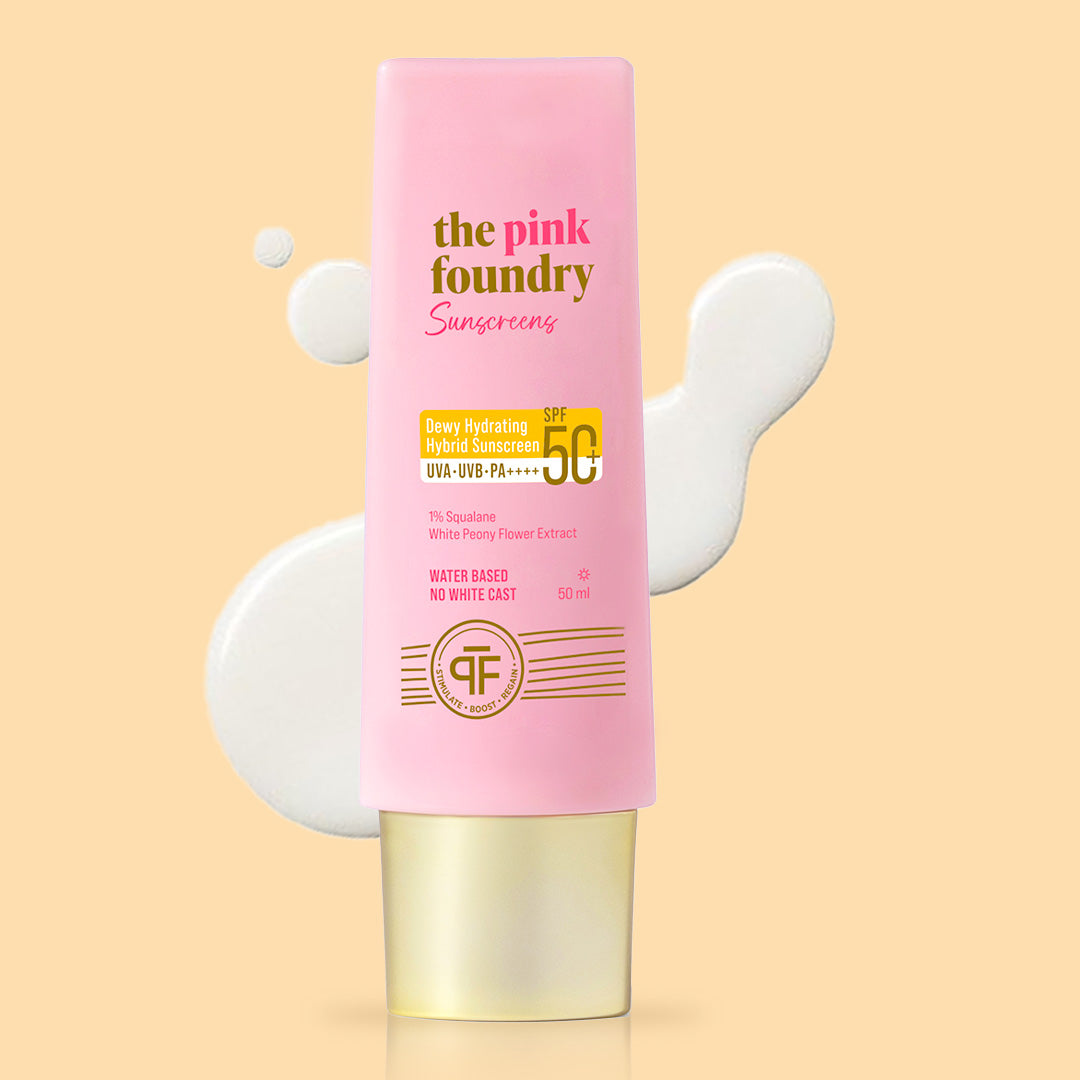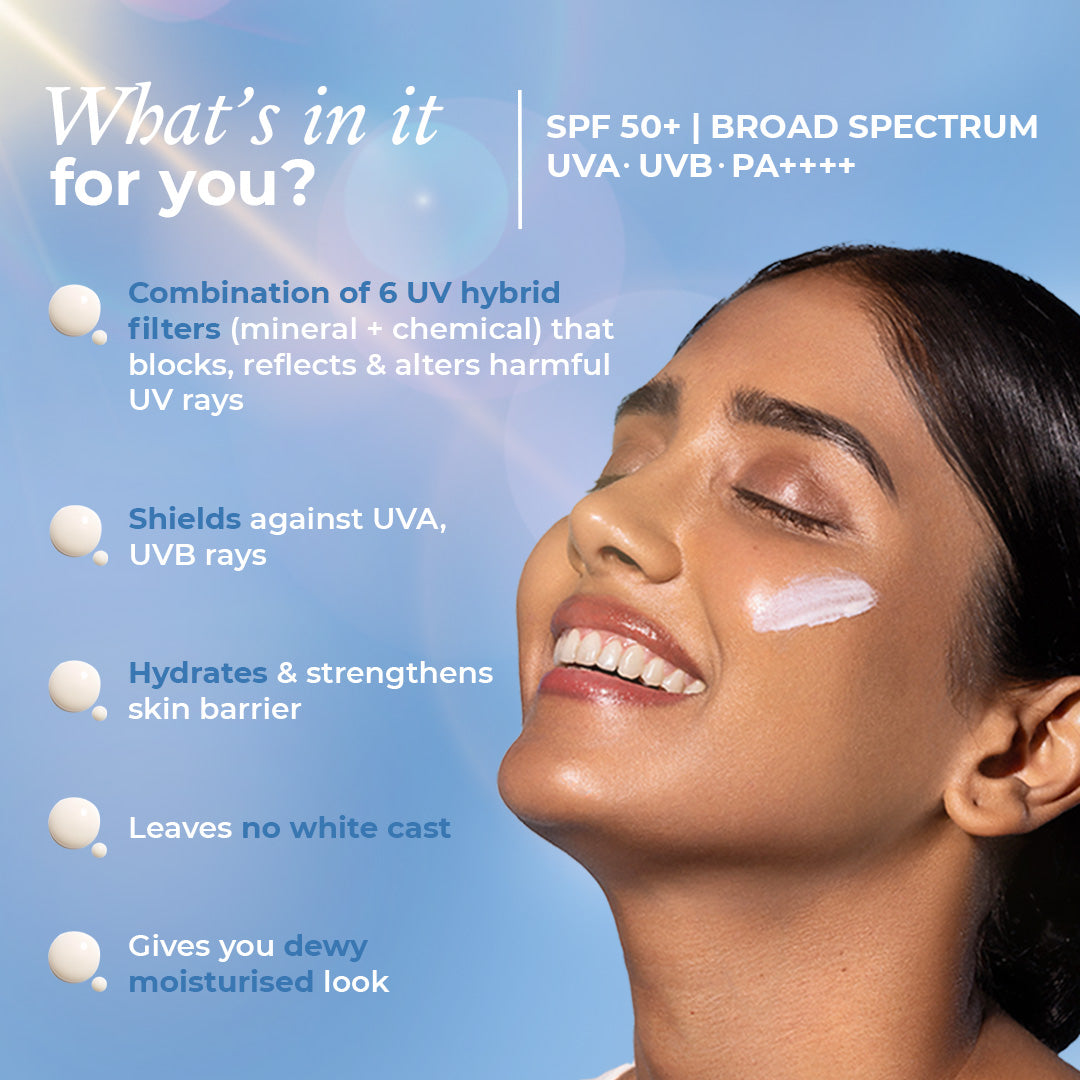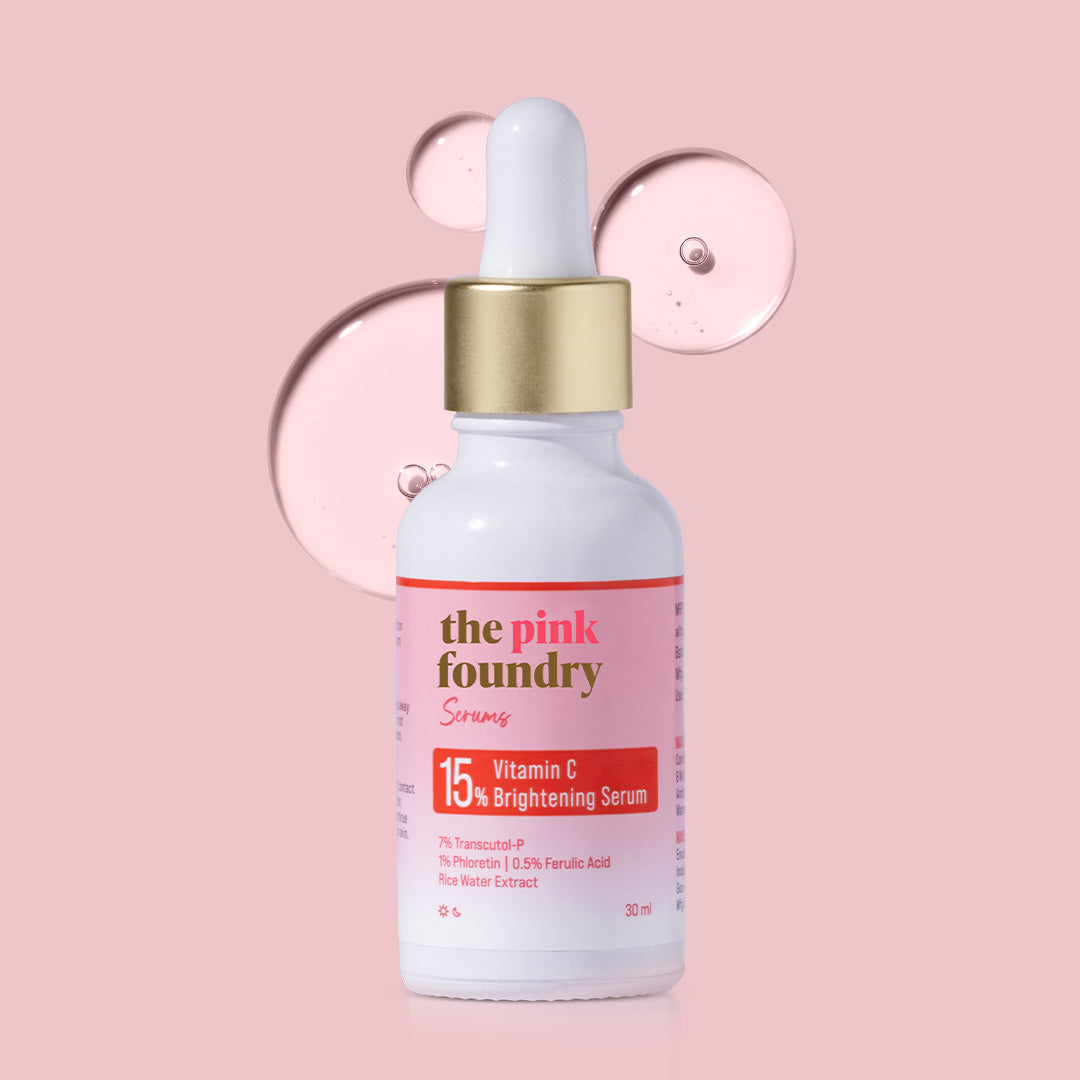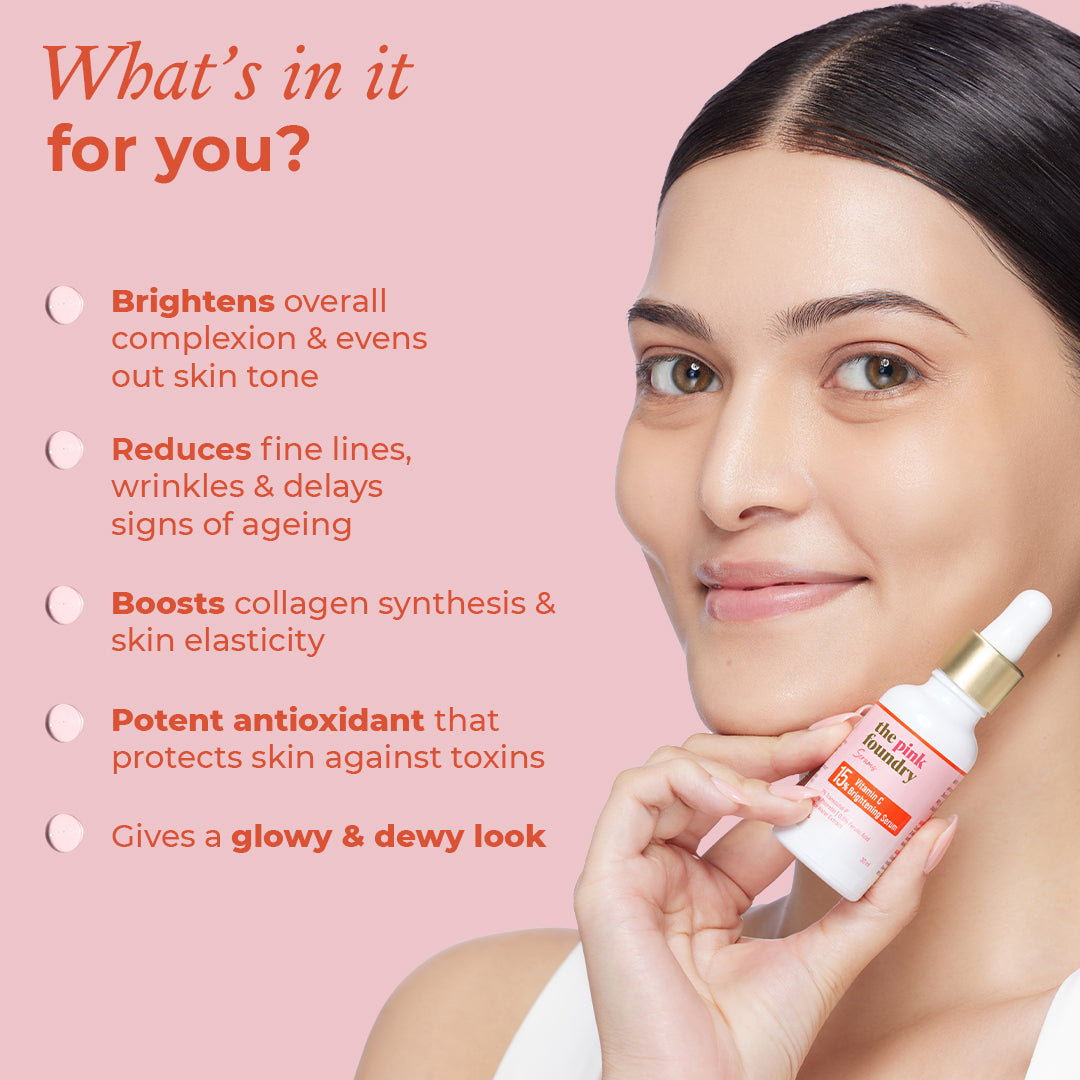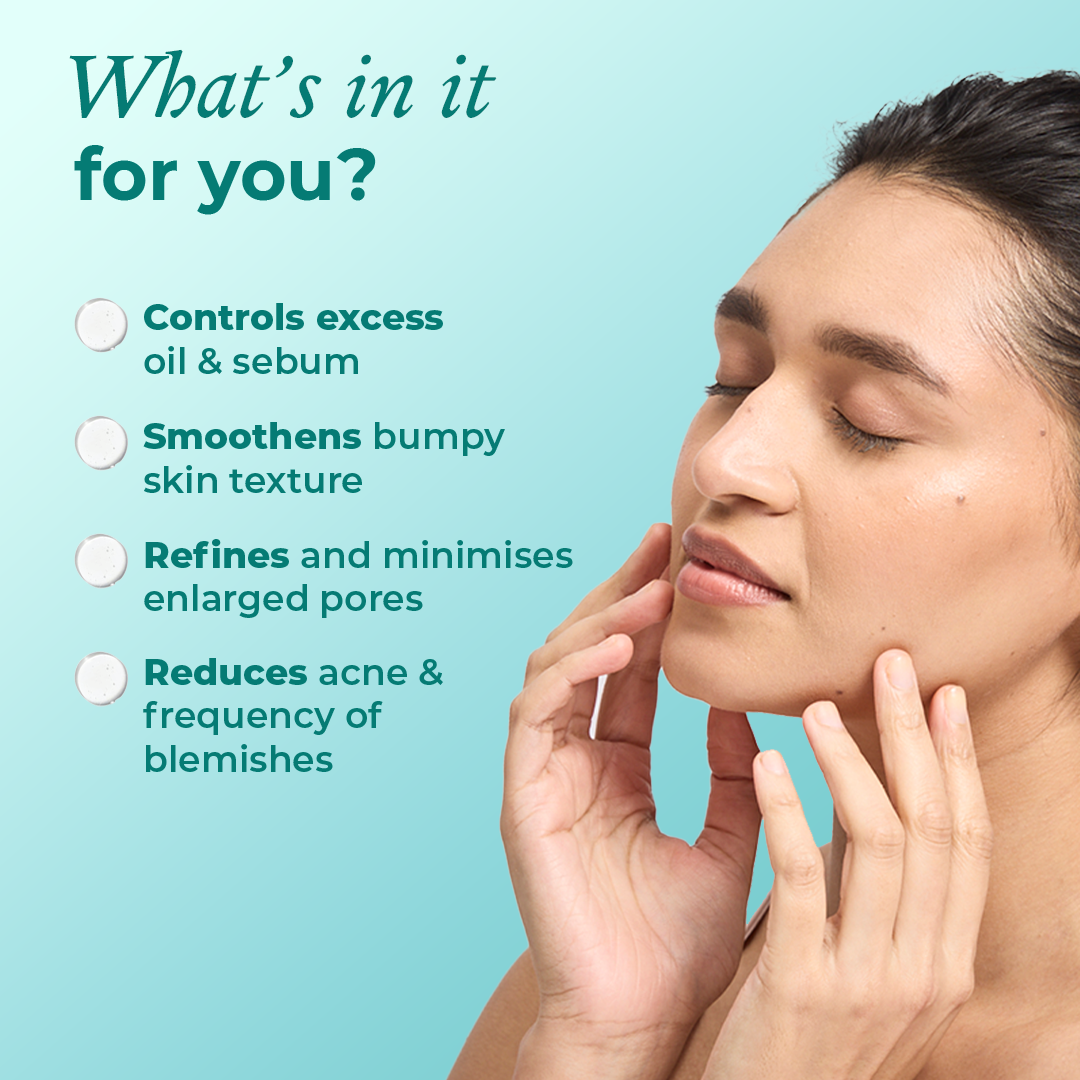Skin Care Products For Sensitive Skin
Filters
by active
product
skin type
by active
product
skin type
Overnight Acne Spot Corrector
Sale priceFrom ₹ 494
Regular price₹ 549
Dark Spot & Hyperpigmentation Correcting Power Serum
Sale price₹ 764
Regular price₹ 849
Acne Care & Healing Gel Moisturiser with Tea Tree & Cica 50 ml
Sale price₹ 449
Regular price₹ 499
Mineral Matte Tinted Sunscreen 50 g
Sale price₹ 1,080
Regular price₹ 1,350
Super Clarifying 12% Niacinamide Face Serum for All Skin Types - 30 ml
Sale price₹ 636
Regular price₹ 749
Dewy Hydrating Hybrid Sunscreen SPF 50+ | 50 ml
Sale price₹ 599
Regular price₹ 749
Acne & Oil Control Intense Serum with 2% Salicylic Acid 30 ml
Sale price₹ 674
Regular price₹ 749
15% Vitamin C Brightening Serum | 30 ml
Sale price₹ 639
Regular price₹ 799
Brightening & Exfoliating Vitamin C Daily Face Wash 100 ml
Sale price₹ 424
Regular price₹ 499
Mini Super Clarifying 12% Niacinamide Face Serum 15 ml
Sale price₹ 379
Regular price₹ 399



